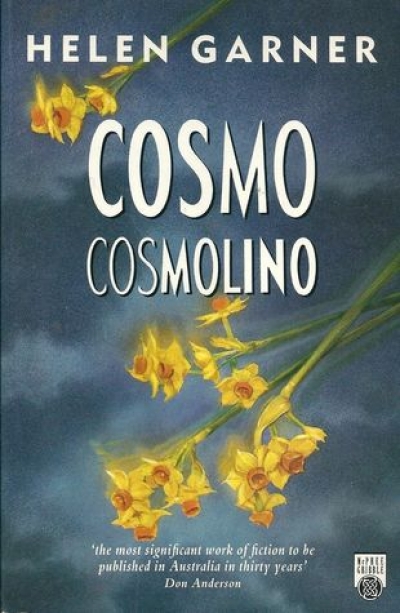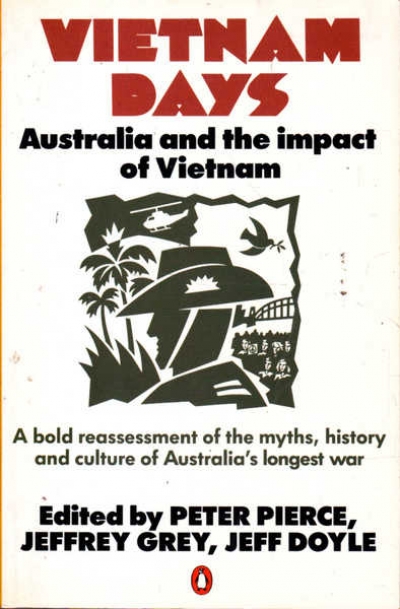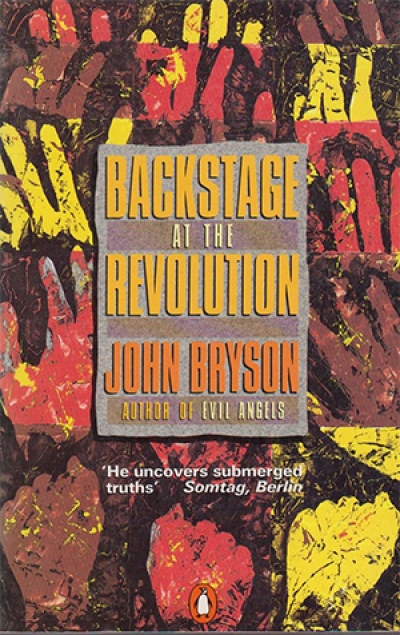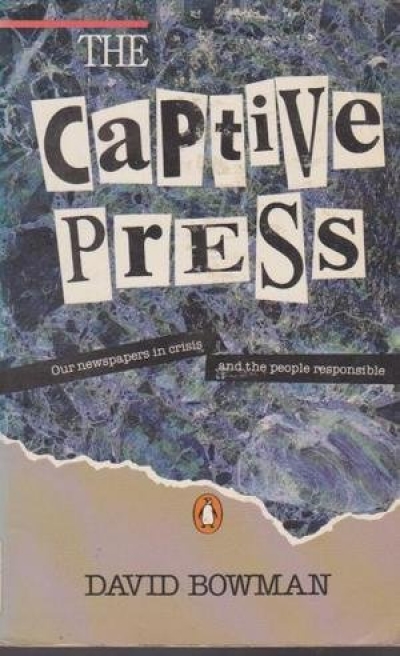Penguin
Vietnam Days: Australia and the impact of Vietnam by Peter Pierce, Jeffrey Grey, and Jeff Doyle
by Richard Broinowski •
Waiting for the Revolution: A history of Australian Nationalism' by Noel McLachlan
by Ken Inglis •










